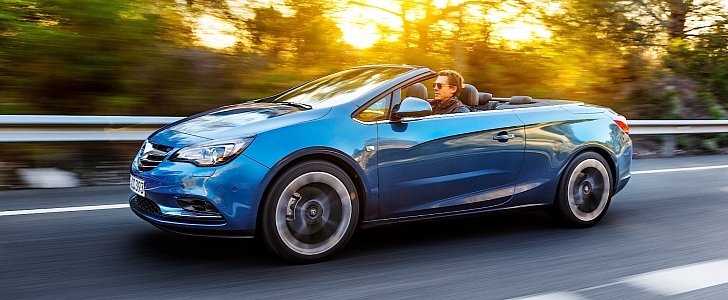The seemingly never-ending Dieselgate scandal that has been making the headlines over the past few years in the automotive industry continues in Germany, with news surfacing on Monday of the Kraftfahrtbundesamt (KBA), the country’s transport authority, now investigating Opel.
What started in Volkswagen’s back yard in 2015 soon expanded to include pretty much all German carmakers. In Opel’s case, the KBA suspects the company used a so-called defeat device in some of its diesel cars, a software meant to cheat emissions tests.
The problem was discovered earlier this year in Zafira, Cascada and Insignia models sold in Europe. According to Opel, as soon as the issue was uncovered, a service update was implemented. The carmaker says there were a little over 30,000 cars initially affected – without saying exactly how many are now, but various sources put that number to 100,000.
Even if it acknowledged there is a problem with the cars’ software, Opel “objects to the accusation” of having purposely used a defeat device. It also confirmed the public prosecutor's office of Frankfurt raided its headquarters and other sites on Monday.
“Opel confirms that the public prosecutor's office of Frankfurt is conducting investigations in the course of preliminary proceedings on emissions at the sites in Rüsselsheim and Kaiserslautern,” the carmaker said in a statement.
“Opel objects to the accusation of using inadmissible defeat devices. Opel vehicles comply with the applicable regulations. Opel also made this clear to the Kraftfahrtbundesamt (KBA) in the ongoing hearing.”
The Germans also add that the delays in the investigation are not their fault, and warn that should a mandatory recall be ordered they will “take legal action to defend itself.”
The affected cars have been manufactured between 2013 and 2016, with around 31,200 vehicles originally involved in Germany, of which over 22,000 have already been fixed as part of a voluntary recall conducted between February 2017 and April 2018.
The problem was discovered earlier this year in Zafira, Cascada and Insignia models sold in Europe. According to Opel, as soon as the issue was uncovered, a service update was implemented. The carmaker says there were a little over 30,000 cars initially affected – without saying exactly how many are now, but various sources put that number to 100,000.
Even if it acknowledged there is a problem with the cars’ software, Opel “objects to the accusation” of having purposely used a defeat device. It also confirmed the public prosecutor's office of Frankfurt raided its headquarters and other sites on Monday.
“Opel confirms that the public prosecutor's office of Frankfurt is conducting investigations in the course of preliminary proceedings on emissions at the sites in Rüsselsheim and Kaiserslautern,” the carmaker said in a statement.
“Opel objects to the accusation of using inadmissible defeat devices. Opel vehicles comply with the applicable regulations. Opel also made this clear to the Kraftfahrtbundesamt (KBA) in the ongoing hearing.”
The Germans also add that the delays in the investigation are not their fault, and warn that should a mandatory recall be ordered they will “take legal action to defend itself.”
The affected cars have been manufactured between 2013 and 2016, with around 31,200 vehicles originally involved in Germany, of which over 22,000 have already been fixed as part of a voluntary recall conducted between February 2017 and April 2018.

